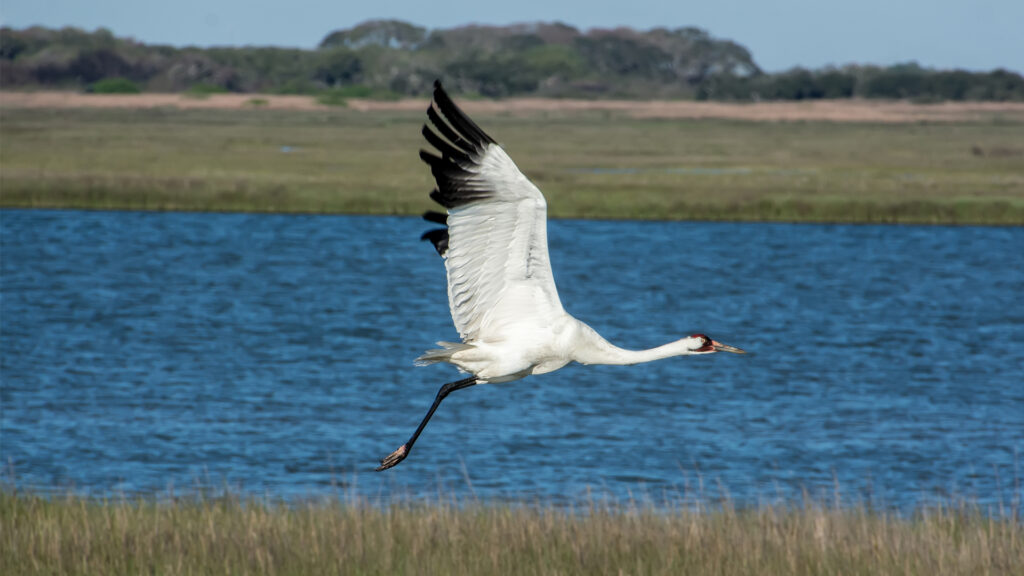By Trimmel Gomes, Florida News Connection
Last month, an environmental group sued the U.S. Fish and Wildlife Service, accusing it of failing to protect endangered species from dangerous pesticide chemicals and they are urging the public to help in the fight.
The Center for Biological Diversity said pesticides threaten up to 97% of endangered species, a finding the Environmental Protection Agency determined six years ago.
Jonathan Evans, environmental health legal director at the center, said it wants the Fish and Wildlife Service to review the EPA’s findings expeditiously and implement measures to prevent species from going extinct or getting harmed by chemicals such as chlorpyrifos.

“The manatees, the crested caracara, the whooping crane, the wood stork, the Miami blue butterfly, the Florida bonneted bat, the frosted flatwoods salamander — dozens of species in Florida (that) the Environmental Protection Agency has found are adversely affected by pesticides,” Evans said.
Evans encouraged the public to avoid using pesticides, which have been linked to developmental problems in children, to keep away from their homes and gardens. In the meantime, the group is calling on Fish and Wildlife to complete its review of possible harms.
Evans believes everyone can play a part in safeguarding and protecting the environment.
“Don’t use those pesticides in your backyards for the ornamentals, or avoid using it as much as possible,” Evans urged. “Another important step the public can do is buy organic whenever it’s feasible for them to do it. That’s going to reduce the amount of pesticides out in the environment.”
According to a New York Times investigation, Fish and Wildlife was apparently ready to release its initial analysis of chlorpyrifos and diazinon chemicals in 2017 when a Trump-appointed Department of the Interior nominee blocked the release.
Florida News Connection is a bureau of the Public News Service.
Sign up for The Invading Sea newsletter by visiting here. If you are interested in submitting an opinion piece to The Invading Sea, email Editor Nathan Crabbe at ncrabbe@fau.edu.


